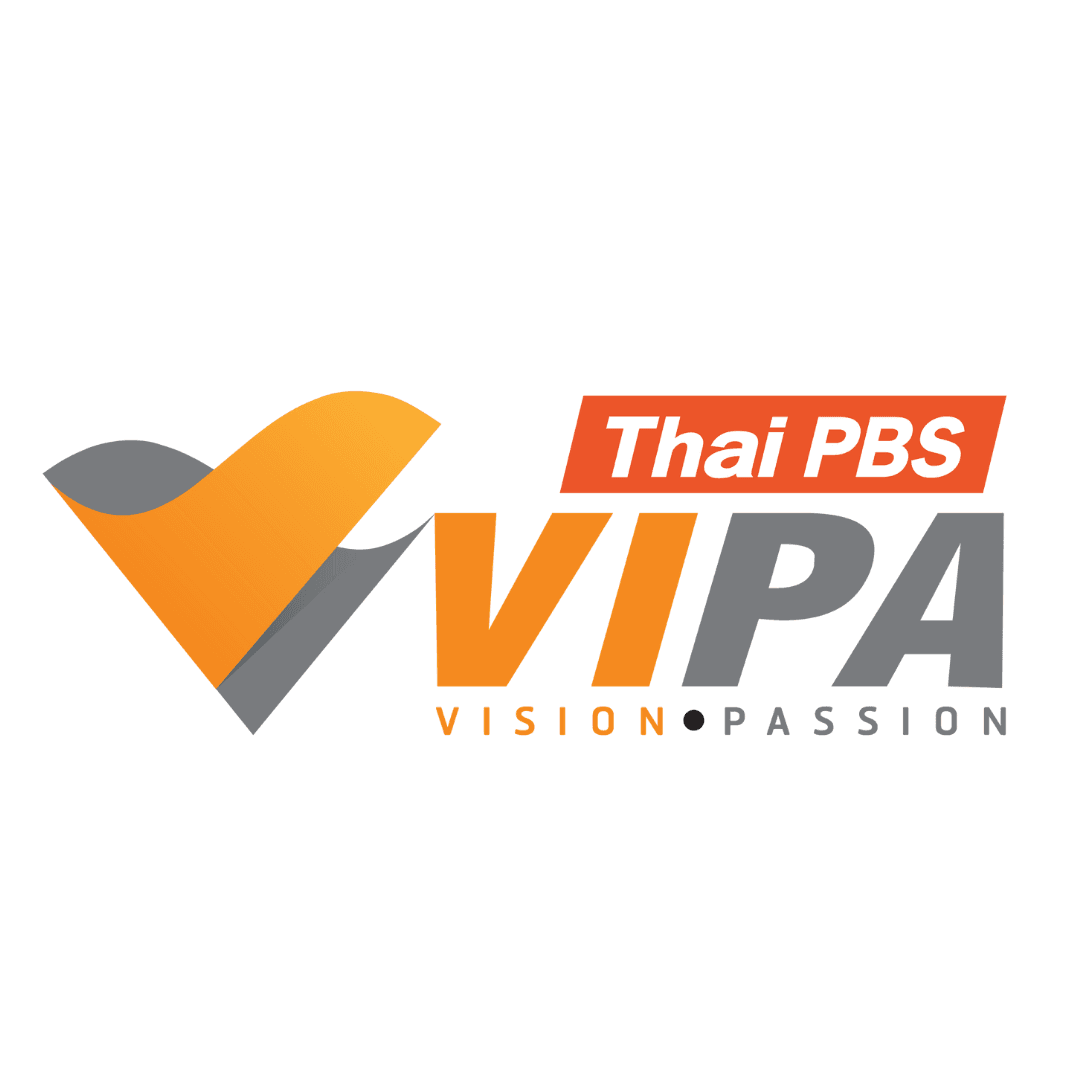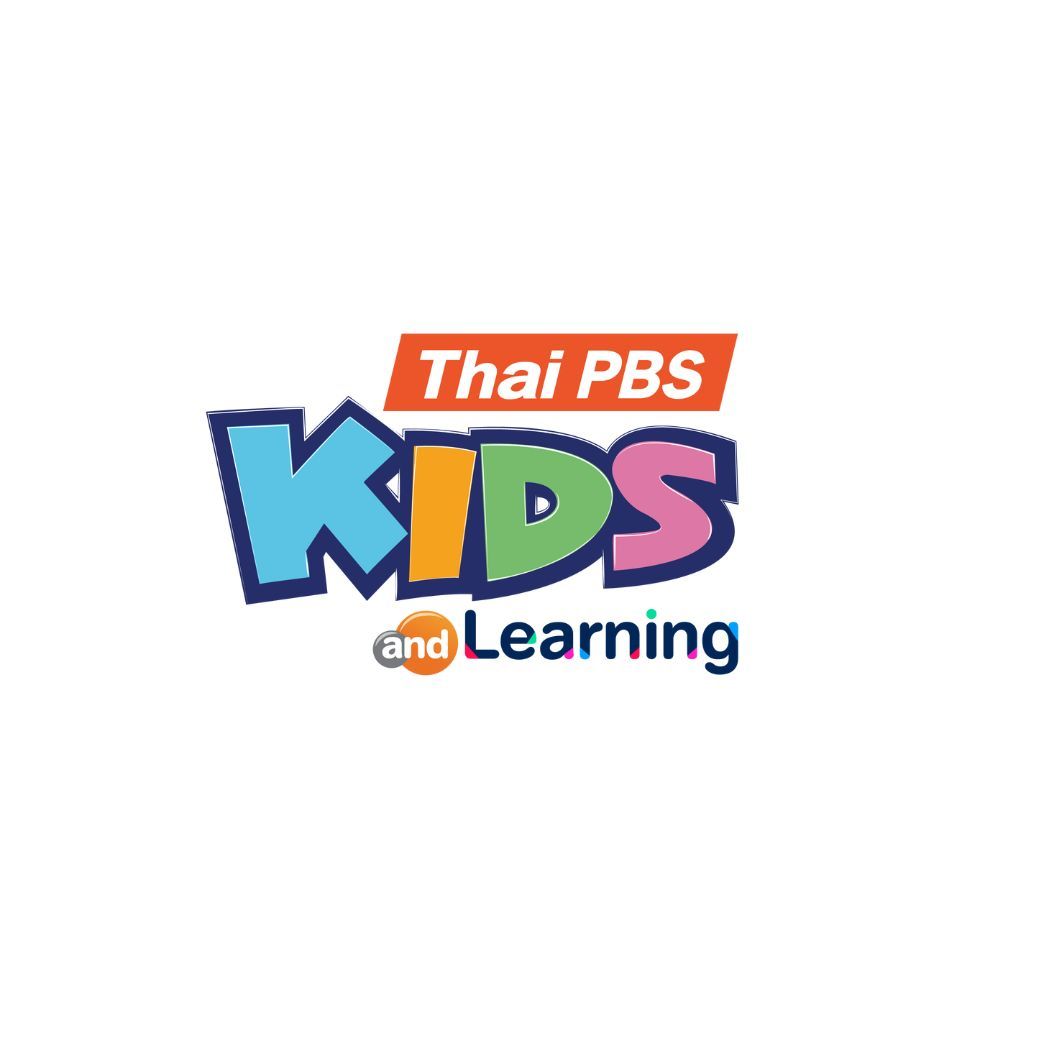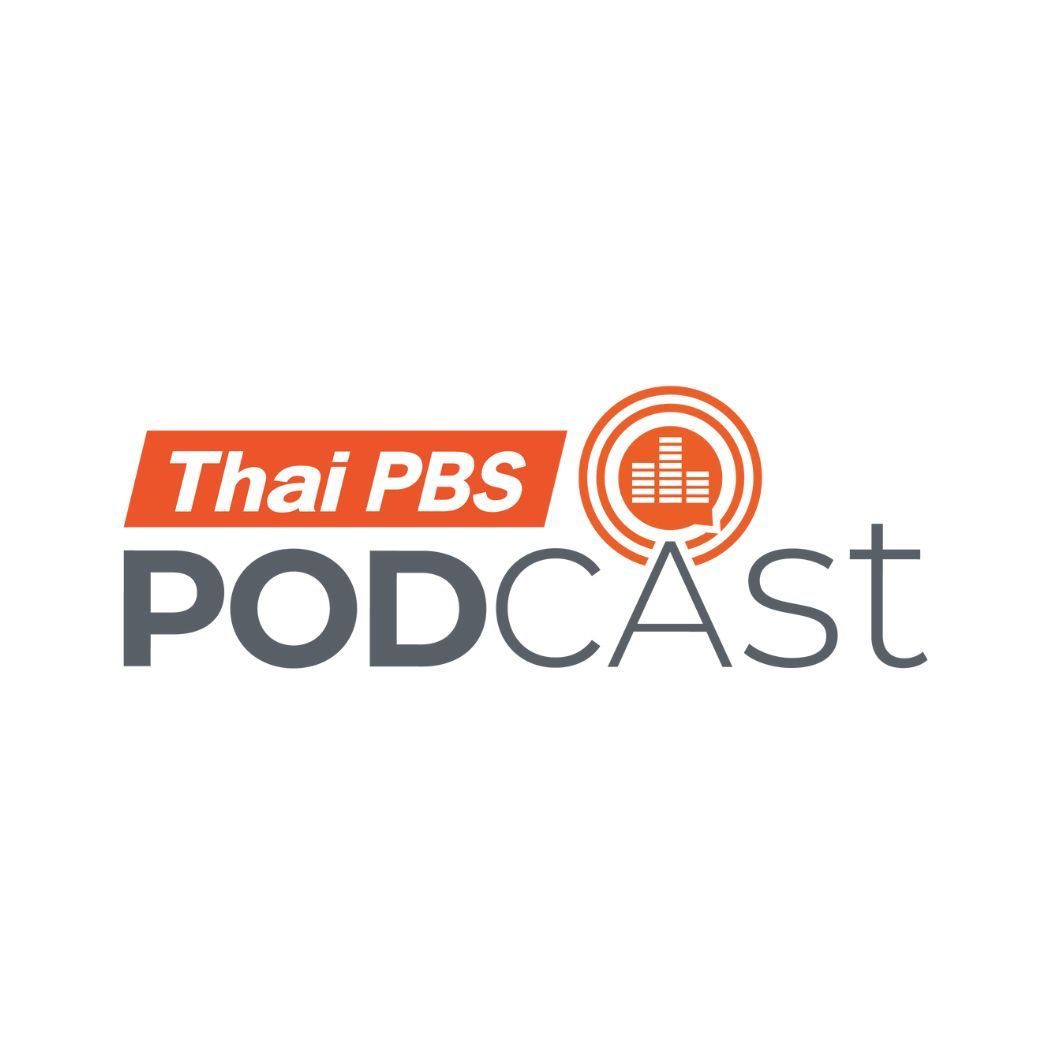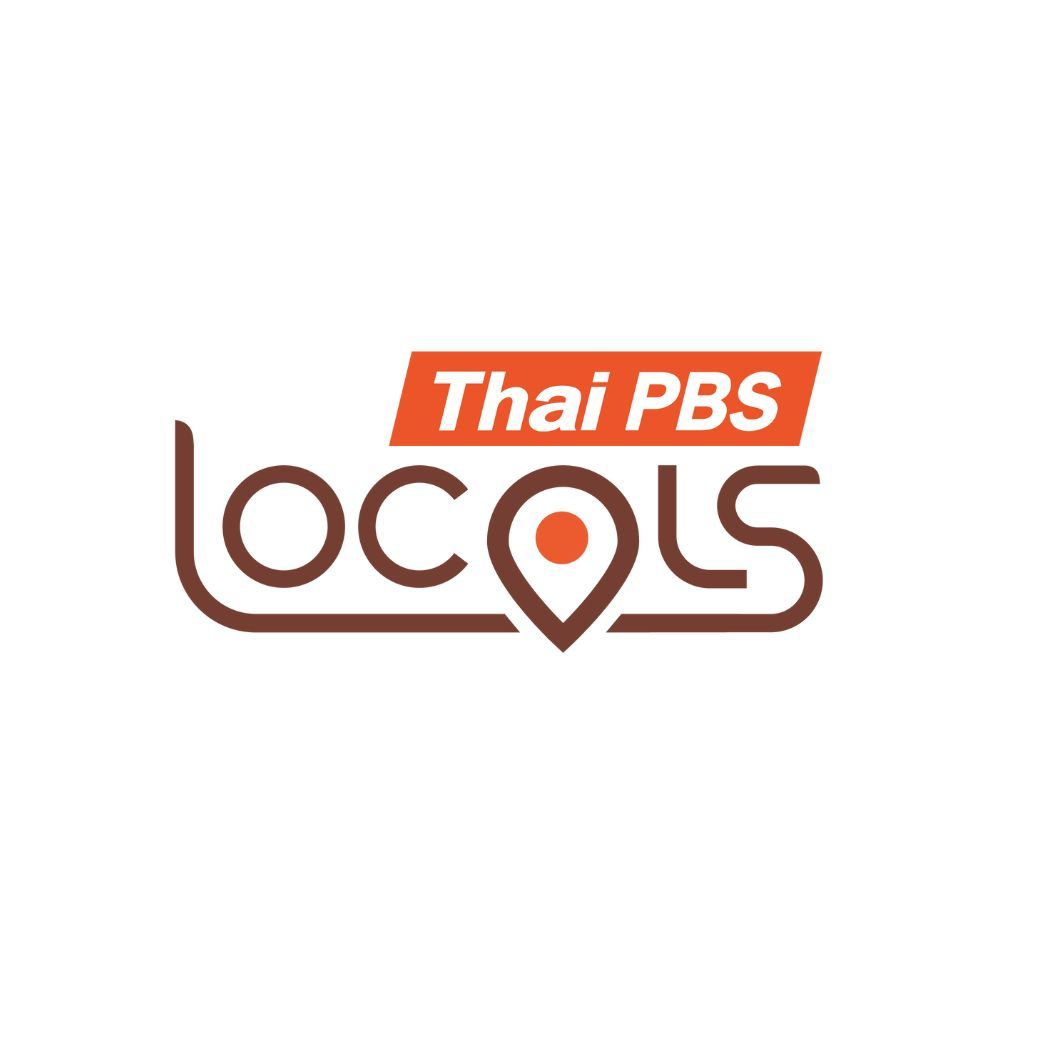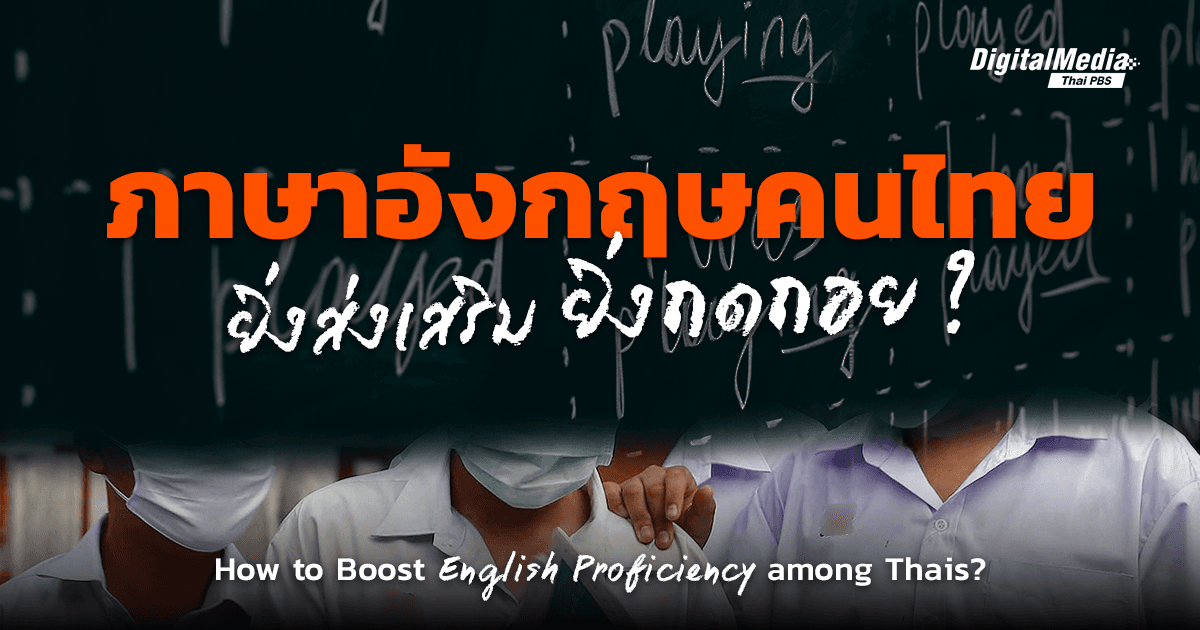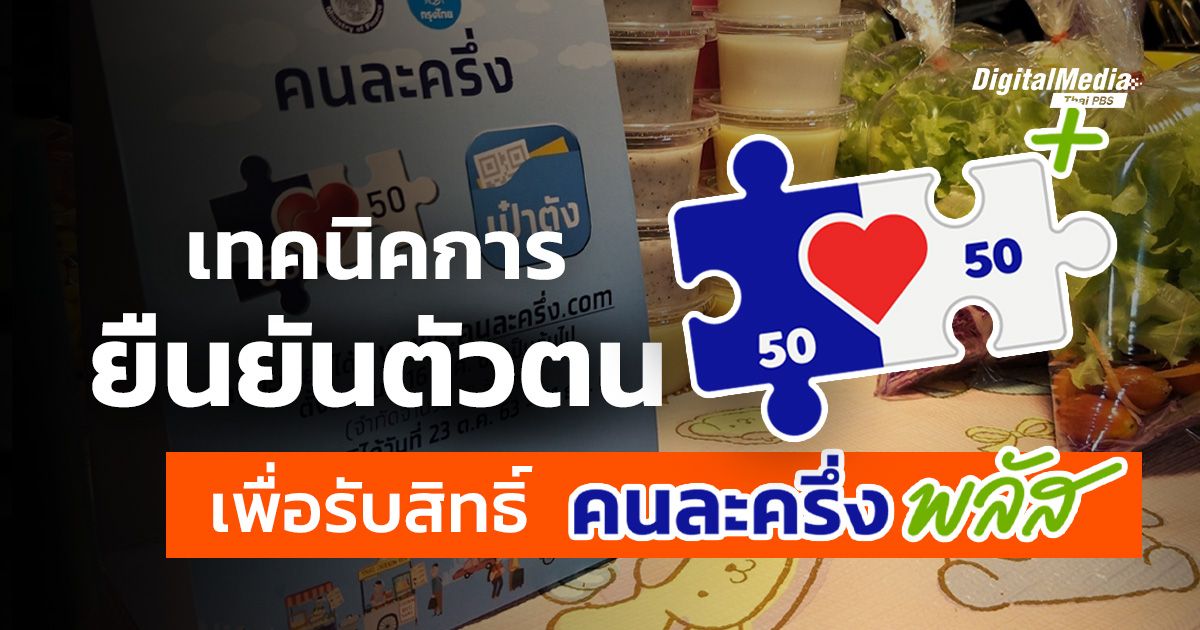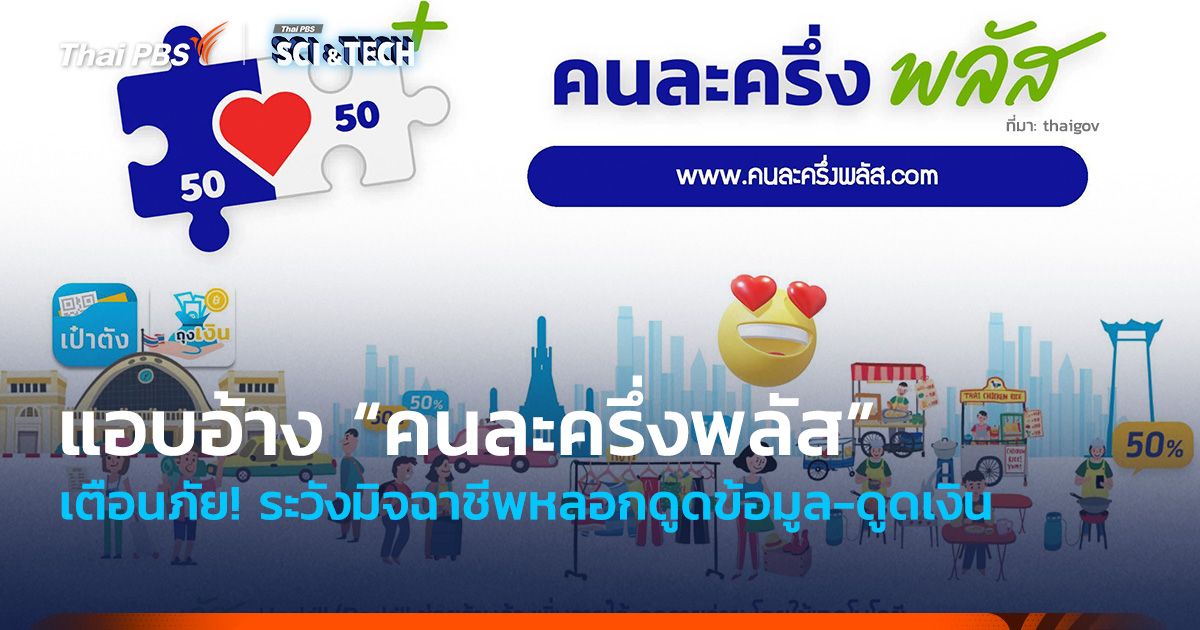การเรียนการสอนภาษาอังกฤษ ถือเป็นปัญหาเรื้อรังข้อหนึ่งในโลกการศึกษาไทย แม้จะรู้กันว่า “ภาษาสำคัญ” แต่เราก็ยัง “ฟุตฟิตฟอไฟ” ไม่เก่งขึ้นอยู่ดี
Over decades, English proficiency among Thai people has not significantly improved despite efforts and encouragement. This remains one of the challenges in the country’s education system.
จากผลสำรวจผู้ทำแบบทดสอบ 2.1 ล้านคนโดยสถาบัน EF หรือ Education First ใน 116 ประเทศประจำปี ค.ศ. 2024 ความเชี่ยวชาญทางภาษาอังกฤษ (English proficiency) ของไทยอยู่ที่อันดับ 106 ของโลกด้วยคะแนนเฉลี่ย 415 คะแนน โดยผู้ชายได้ 429 คะแนน และผู้หญิง 401 คะแนน นับว่าอยู่ในระดับ ‘ต่ำมาก (very low)’ เมื่อดูตัวเลขภายในประเทศ กรุงเทพฯ ได้คะแนนเฉลี่ยสูงสุดเหนือทุกจังหวัดที่ 465 คะแนน ก็ถือว่ายังน้อยอยู่ดี ขณะเดียวกัน ฟิลิปปินส์ติดอยู่ที่อันดับ 22 (570 คะแนน) และมาเลเซียอันดับที่ 26 (566 คะแนน) ส่วนสิงคโปร์ติด 3 อันดับสูงสุดรองจากเนเธอร์แลนด์และนอร์เวย์
According to the 2024 EF English Proficiency Index, which evaluated EP EPI test results of 2.1 million people worldwide, Thailand ranked 106th out of 116 countries, with an average score of 415 (male: 429; female: 401). Domestically, Bangkok gained the highest score with 465. Such scores were considered ‘very low’ compared to other Southeast Asian countries; for instance, the Philippines (570, #22) and Malaysia (566, #26). Singapore was among the Top 3, behind the Netherlands and Norway, respectively.
แม้จะมีความพยายามพัฒนาการเรียนการสอนภาษาอังกฤษและภาษาต่างประเทศต่าง ๆ มาหลายปี แต่ผลลัพธ์ที่ได้กลับเป็นอย่างที่เราเห็น นี่จึงอาจเป็นช่วงเวลาที่เราต้อง “คิดนอกกรอบ” เพื่อแก้ปัญหาทั้งในระดับปัจเจกและเชิงระบบในบทความ 2 ภาษาชิ้นนี้ อนึ่ง ผู้เขียนตั้งใจวางเนื้อหาสลับภาษาไทยและภาษาอังกฤษ ย่อหน้าต่อย่อหน้า เพื่อให้ผู้อ่านได้ “ฝึกภาษา” ไปพร้อมกันครับ
While relevant authorities and educational personnel have introduced new strategies and set new standards, the results are not satisfactory. Therefore, it might be high time to “think outside the box” to find the right solutions for foreign language learning, both at individual and systematic levels, in Thailand. It is noted that this article alternates between Thai and English texts, allowing readers to practice their language skills.
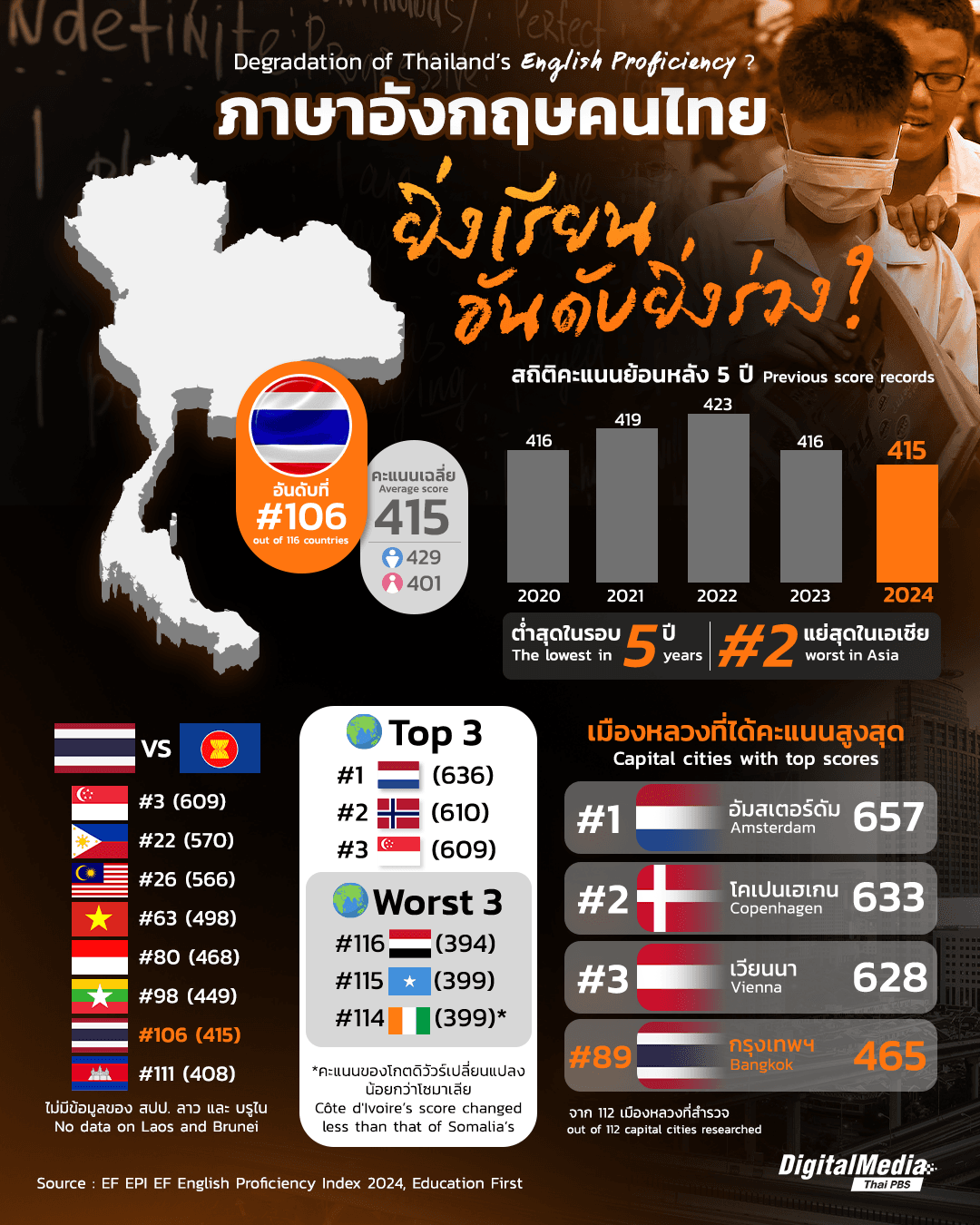
สารพัดปัญหา การเรียนและการใช้ภาษาอังกฤษของคนไทย | The ever-lasting problems of English learning in Thailand
การเรียนแบบท่องจำ (rote learning) ความเขินอาย และความกลัวที่จะตอบผิด ล้วนเป็นปัญหาหลักในชั้นเรียนวิชาต่าง ๆ ส่วนในชั้นเรียนภาษาอังกฤษและภาษาต่างประเทศอื่น ๆ เมื่อผู้เรียนไม่กล้าพูด ก็ย่อมส่งผลกระทบต่อทักษะการสนทนา (conversational skills) และความเข้าใจอย่างแท้จริง (comprehension) ในภาษานั้น ๆ อีกทั้งการ “แยกส่วน” การเรียนภาษาต่างประเทศในรั้วโรงเรียนออกเป็น ‘คาบไวยากรณ์และศัพท์ (grammar and vocabulary)’ ที่ให้ครูไทยสอน และ ‘คาบการสนทนา’ ซึ่งมักจะจ้างชาวต่างชาติมา ก็ไม่เกิดการพัฒนาทักษะต่าง ๆ ไปพร้อมกัน ทุกอย่างใช้เพื่อสอบ ผู้เรียนไม่มีแรงจูงใจ จึงนำมาสู่การขาดทักษะภาษาติดตัวไปตลอดชีวิต
Rote learning, shyness and anxiety are persistent issues in Thai classrooms. When it comes to English or foreign language classes, a lack of confidence and communication directly affects students’ conversational skills and comprehension. Moreover, many establishments often divide English classes into those focusing on grammar, which are taught by Thai teachers, and those on conversation, instructed by foreigners. This approach prevents students from simultaneously developing oral, listening, reading, writing skills as they should. Additionally, the content generally aims towards exams. Consequently, students are less enthusiastic, gaining little practical knowledge and skills on English or any other foreign language.
“พอเราสอนกันแบบนี้ และให้ความสำคัญกับการสอบที่เน้นวัดความรู้ทางไวยากรณ์มากกว่าการสื่อความหมาย เราสอนให้เด็กเรียนแต่กฎของภาษา ไม่ใช่เพื่อให้เด็กใช้ภาษาอังกฤษไปคุยเล่นได้ ใช้ไปดูหนังฟังเพลงได้ ก็ทำให้เด็กไม่สนุก ไม่อยากเรียนภาษาอังกฤษ” ผศ.ดร.จุฑารัตน์ วิบูลผล อาจารย์ประจำสาขาวิชาการสอนภาษาต่างประเทศ คณะครุศาสตร์ จุฬาลงกรณ์มหาวิทยาลัย กล่าวกับ Thai PBS News เมื่อเดือน ส.ค. 2024
“The way we are currently teaching English gives too much importance on grammar over everyday communication. Also, since we often tell them to memorize rules, instead of encouraging them to speak it out loud or watch movies in English, it is not surprising that students lack the motivation to learn English,” Jutarat Vibulphol commented in a Thai PBS News interview in August 2024.
จริงอยู่ที่ว่า โรงเรียนรัฐและเอกชนหลายแห่งมีหลักสูตรภาษาอังกฤษ (English Program/EP) หรือหลักสูตรนานาชาติ (International Program/IP) แต่ก็เป็น “ห้องเรียนพิเศษ” ที่มีเด็กเพียงจำนวนหนึ่งเข้าถึงได้ อีกทั้งการเรียนการสอนภาษาอังกฤษยังไม่ง่ายสำหรับผู้พิการทางสายตา เนื่องจากสื่อการสอนและทรัพยากรที่ไม่เอื้ออำนวยโดยเฉพาะยุคก่อนอินเทอร์เน็ต “มันยากเหมือนกันนะสำหรับคนตาบอดที่จะเข้าถึงคำตอบ... ตอนที่พลอยอยู่มัธยม หนังสือเบรลล์ก็ได้มาทันบ้าง ไม่ทันบ้าง บางทีเขาเรียนกันไปจนจะจบเทอมอยู่แล้ว ใกล้จะสอบอยู่แล้ว เราจะเพิ่งได้หนังสือมา แล้วก็ไปอ่านทวนย้อนหลัง เพราะฉะนั้น ตอนเรียนในห้องก็จะงง ๆ ไม่ค่อยเข้าใจ” สโรชา กิตติสิริพันธุ์ พูดย้อนอดีตไว้ในพอตแคสต์ ‘เพื่อนสนิท’ เมื่อเดือน ธ.ค. 2022
It might be argued that several public and private schools have English Programs or International Programs. However, in reality, only some students can access such intensive programs. The challenges of learning English in Thailand have even been more pronounced for visually impaired people due to insufficient materials and resources, especially before the Internet era. As Sarocha Kittisiripan recounted in a Thai PBS Podcast program three years ago: “It’s quite difficult for blind people to access the correct answers in English subject… When I was in high school, some handbooks in Braille were often delivered quite late, sometimes on time but sometimes almost at the end of the semester. And I had to revise just before the final exams. So, I didn’t follow quite well what we were studying in classes.”
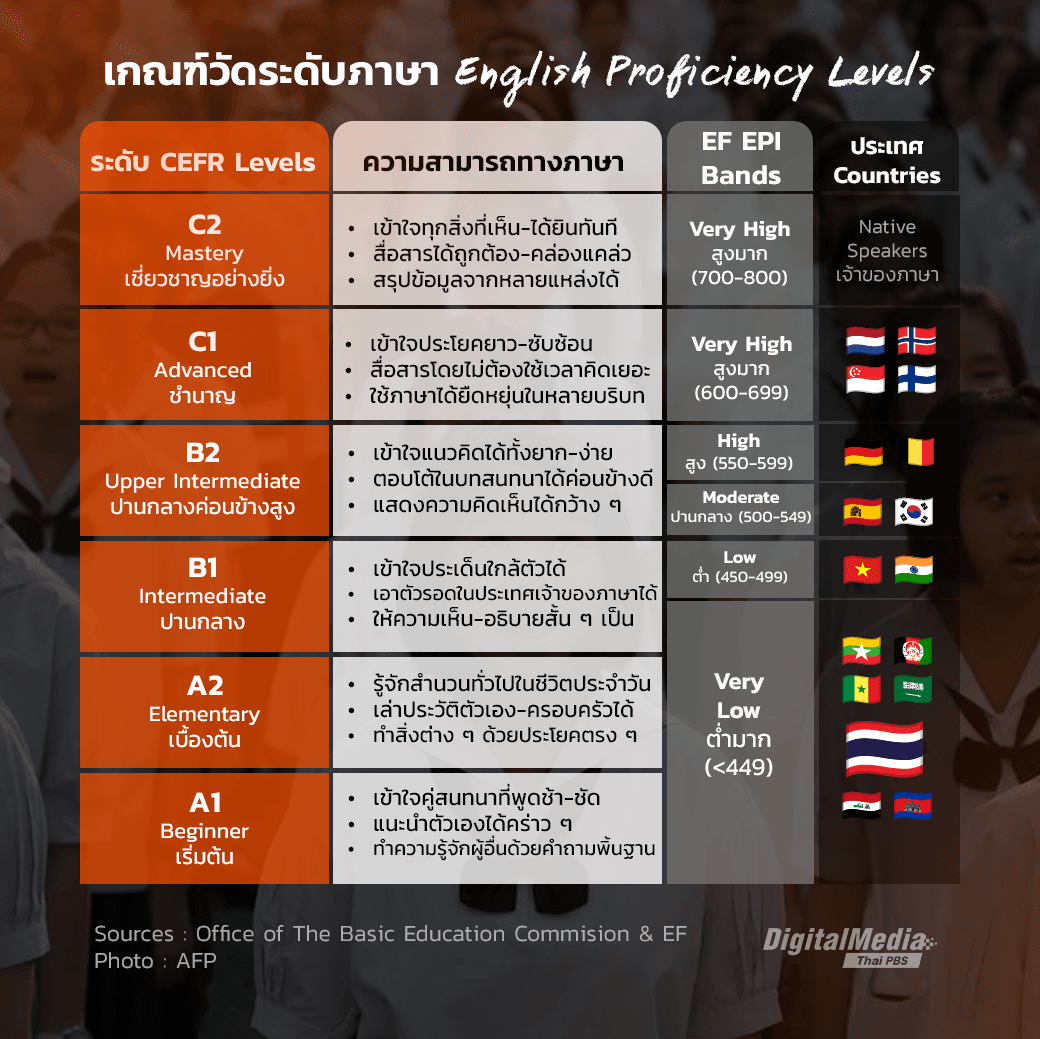
ส่วนหน่วยงานด้านการศึกษาเองเคยกำหนดเป้าหมายให้เด็กจบ ป.6, ม.3, ม.6 และ ป.ตรี ควรมีทักษะภาษาอังกฤษระดับ A1, A2, B1 และ B2 ตามลำดับ ทว่านี่เป็นเพียง “แนวทาง” ไม่ใช่แผนแม่บทที่โรงเรียนและมหาวิทยาลัยทุกแห่งต้องปฏิบัติ อีกทั้งมีฝ่ายที่กังวลว่า การศึกษาขั้นพื้นฐานในปัจจุบันยังไม่มีประสิทธิภาพมากพอที่จะส่งนิสิตนักศึกษาชั้น ป.ตรี ไปถึงระดับ B2 ซึ่งเป็นระดับภาษาที่ผู้ใช้สามารถสื่อสารและอ่านเขียนได้ค่อนข้างคล่องแคล่ว
Authorities in education have set English proficiency goals for students: A1 for Grade 6, A2 for Grade 9, B1 for Grade 12 and B2 for undergraduates. However, it is not mandatory that all schools and universities students upon completion. This raises questions about the effectiveness of compulsory education in preparing students to reach a B2 English level by the time they graduate with a bachelor’s degree.
ไม่ใช่แค่การขาดความรู้ภาษาอังกฤษจะเป็นปัญหาต่อนักเรียนและประชาชนทั่วไปเท่านั้น แม้แต่นักวิชาการไทยก็ติดหล่มสภาวะ "เขียนกันเอง อ่านกันเอง" และผลิตบทความวิชาการและงานวิจัยเป็นภาษาอื่น ๆ ได้ไม่มากเท่าที่ควร ในงานเสวนาเมื่อเดือน ก.พ. 2025 ศ.กิตติคุณ ดร.ธงชัย วินิจจะกูล อาจารย์ประจำภาควิชาประวัติศาสตร์ มหาวิทยาลัย Wisconsin-Madison พูดถึงความเป็นไปของ ‘ไทยศึกษา (Thai Studies)’ ที่เข้าไม่ถึงวงวิชาการนานาชาติเท่าที่ควร เพราะข้อจำกัดด้านภาษาและการมองข้าม ‘ศิลปศาสตร์ (Liberal Arts)’ ในไทย
Not only do Thai people generally lack English proficiency, but Thai scholars are often confined by their native language. That means that they typically conduct research and write articles in Thai more than in other languages. At a conference held by Thammasat University in 2025, University of Wisconsin–Madison researcher Thongchai Winichakul noted that Thai Studies is overlooked in international academia because of both language barriers and Thai people’s limited interests in Liberal Arts.
ชาวตะวันตก จำเป็นต้องทราบเรื่องภายในของประเทศไทยหรือไม่ ? อยากให้พวกเขารับรู้ต้องทำอย่างไร ? ต้องตีพิมพ์เป็นภาษาอังกฤษ… ในโลกตะวันตก มีผู้รักประเทศไทยอย่างไม่มีเงื่อนไขอยู่ไม่น้อย อยากทำวิจัยที่เกี่ยวข้องกับไทยศึกษา บางคนเคารพรักสถาบันพระมหากษัตริย์ของไทยมากทีเดียว – ธงชัย วินิจจะกูล
Do Westerners need to know anything about Thailand? How can we encourage them to? One way is to publish works in English… A number of Westerners love our country unconditionally, wanting to do research related to Thai Studies. Some even show profound respect for the monarchy of Thailand. – Thongchai Winichakul
อันที่จริง ศิลปศาสตร์และความเป็นไทยแฝงอยู่ในซอฟต์พาวเวอร์ (soft power) ด้านต่าง ๆ ตั้งแต่สื่อบันเทิงไปจนถึงประเพณีประจำภาค และภาครัฐเองก็พยายามผลักดัน ‘ซอฟต์พาวเวอร์ไทย’ ให้มีที่ทางในระดับโลก อย่างไรก็ตาม ทั้งรัฐและประชาชนอย่างเรา ๆ อาจหลงลืมไปว่า ภาษาอังกฤษและภาษาต่างประเทศทั้งหลายคือหัวใจสำคัญของการเผยแพร่ซอฟต์พาวเวอร์ไทย ในทางกลับกัน ซอฟต์พาวเวอร์จากประเทศต่าง ๆ ก็สามารถช่วยให้คนไทย “รู้ภาษา” มากขึ้นได้ด้วย
Liberal Arts and ‘Thainess’ are key components of Thai soft power, found in everything from the to regional festivities. Governmental agencies try to promote Thai soft power in the international stage. Nevertheless, both Thai authorities and citizens might overlook the crucial role of English and other foreign languages in cultural promotion. Additionally, soft power elements from other countries can enhance language skills for Thais.
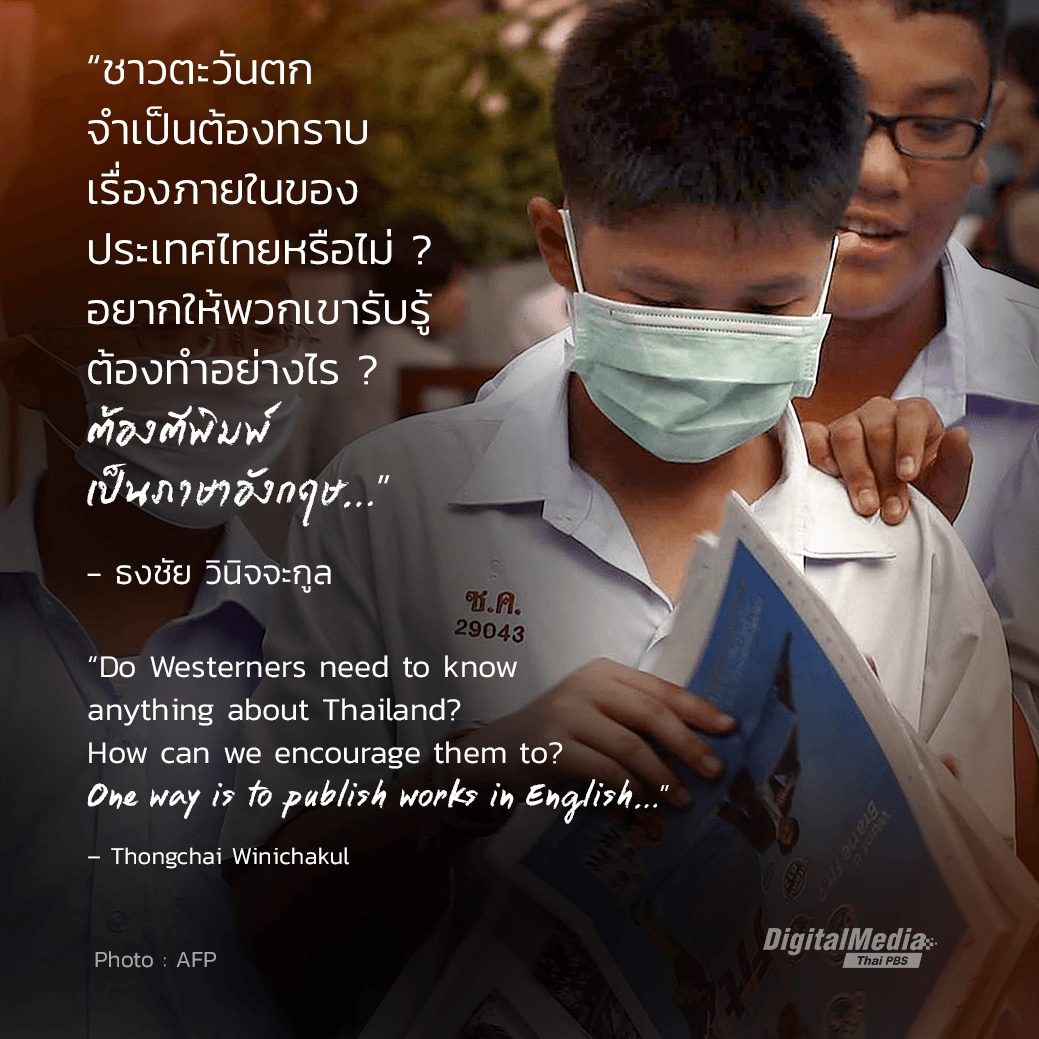
แนวทางใหม่ ๆ ในการพัฒนาทักษะภาษาอังกฤษของคนไทย | Fresh takes to teach English in Thailand
ตลอดเวลาที่ผ่านมา เราต่างเห็นว่า การเรียนการสอนภาษาอังกฤษในไทย “ไม่สนุก” โดยเน้นท่องจำไวยากรณ์กับคำศัพท์ยาก ๆ ที่พอสอบเสร็จแล้วก็ลืม คำถามสำคัญ (ที่ไม่ค่อยถูกพูดเสียเท่าไหร่) จึงอยู่ที่ว่า ต้องทำอย่างไรล่ะเพื่อให้ภาษาต่างประเทศเป็นเรื่อง “น่าสนุก” พร้อมทั้งสร้างแรงจูงใจให้แก่ผู้เรียนและผู้สอนได้ ?
We, as Thai people, often find English lessons “boring,” spending most of our time memorizing advanced grammatical rules and words that we forget right after exams. So, what should we do to make foreign languages “fun” and motivate both students and instructors?
การเรียนการสอนบนประเด็นเฉพาะเรื่อง (theme-based instruction) อาจช่วยทำให้เราสนใจภาษาอังกฤษและภาษาต่างประเทศเพิ่มขึ้นได้ การเรียนการสอนลักษณะนี้อิงกับสิ่งที่ผู้เรียนสนใจเป็นหลัก ขณะเดียวกันก็สอดแทรก “ของแสลง” ในการเรียนภาษา – ทั้งไวยากรณ์ คำศัพท์ สัทศาสตร์ (phonetics)– ไว้อย่างแนบเนียน ช่วงปี 2021-2022 คณะอักษรศาสตร์ จุฬาลงกรณ์มหาวิทยาลัย ได้จัดรูปแบบการเรียนการสอนเช่นนี้ผ่านหลักสูตรออนไลน์ ‘ภาษาสเปนและการนางงาม’ ให้แก่ประชาชนผู้สนใจ โดยมีนางงามเป็นหัวข้อหลักในการเรียนการสอน ต่อมา บทความวิจัยบน Publicaciones วารสารวิชาการสเปน ได้ยืนยันว่าการเรียนการสอนภาษาแบบนี้ “ได้ผลจริง”
Theme-based instruction could be crucial for reforming English learning in Thai schools. This approach, built on students’ common interest, seamlessly integrates all the “least favorite” language topics such as grammar, vocabulary and phonetics. For example, in 2021 and 2022, Chulalongkorn University’s Faculty of Arts offered a public theme-based language course ‘Spanish and Beauty Pageant,’ with pageantry as its core theme. A research article published in the Spanish journal, Publicaciones, later proved this learning approach effective.
นอกจากหัวข้อที่ “จึ้ง” แล้ว หัวใจสำคัญอีกอย่างหนึ่งของหลักสูตรภาษาสเปนและการนางงามอยู่ที่ ‘การใช้ภาษาจริง’ มากกว่าที่จะท่องจำความหมายศัพท์หรือหลักภาษา “คุณต้องลงมือทำในกิจกรรมการเรียนการสอน ผมให้เด็กดูนางงาม ผมให้ผู้เรียนฝึกแปลคำตอบนางงามเป็นภาษาไทย ลองสมมุติตัวเองเป็นผู้เข้าประกวดและนำเสนอข้อมูลของประเทศตัวเองได้ไหม ลองฝึก ‘impromptu public speaking’ [การพูดในที่สาธารณะแบบไม่ได้ฝึกซ้อม] และตอบคำถามโดยใช้ภาษานั้น ๆ ได้ไหม” อ.ฐิติพงษ์ ด้วงคง (อ.ธง) อาจารย์พิเศษวิทยาลัยนานาชาติปรีดีพนมยงค์ มหาวิทยาลัยธรรมศาสตร์ ให้สัมภาษณ์กับ Thai PBS ในฐานะผู้สอนคอร์สดังกล่าว
In addition to the appeal of the topic, the Spanish and Beauty Pageant course emphasized ‘practicality’ over memorization. As the course instructor, Thammasat University lecturer Thitipong Duangkong stated that this approach is effective if students participate in class activities: “I let my students watch beauty pageants and translate [Spanish] answers into Thai. They also role played as contestants, representing their country and doing impromptu public speaking in Spanish.”
ยิ่งไปกว่านั้น การเรียนการสอนบนประเด็นเฉพาะเรื่องเช่นนี้ยังเพิ่มพูนความรู้ด้านอื่น ๆ และเสริมสร้าง ‘ความเป็นพลเมืองโลก (global citizenship)’ ให้ผู้เรียนได้ด้วย ทุบทำลายมายาคติที่ว่า “การเรียนภาษาก็มีแต่เรื่องศัพท์และไวยากรณ์เท่านั้นแหละ” และ ‘ซอฟต์พาวเวอร์’ อย่างนางงามเองก็หลอมรวมสรรพศาสตร์โดยที่เราอาจคาดไม่ถึง “มันรวมมิติทุกอย่างเข้ามาสู่พื้นที่เดียวกัน เรื่องของ gender (เพศวิถี) เศรษฐกิจ วัฒนธรรม การทูต ฯลฯ มันยึดโยงไปได้หมด” อ.ธง เสริมความ “แต่หมายความว่าผม [ผู้สอน] ต้องทำให้ผู้เรียนอยู่ในการแนะแนวที่ดี และมั่นใจว่าเขาจะมีทั้ง ‘proficiency’ หมายความว่าใช้ภาษาแล้วสื่อสารได้ดี และ ‘accuracy’ หรือความถูกต้องแม่นยำในเรื่องของไวยากรณ์ก็ดี สัทศาสตร์ก็ดี และ ‘cultural anecdotes’ [เกร็ดวัฒนธรรม] ก็ดี ถ้าทำได้”
More importantly, theme-based instruction can enhance students’ multidimensional knowledge and foster global citizenship. This helps to demystify a common belief in Thailand that “learning languages is all about grammar and vocabulary.” Pageantry, as an element of soft power, perfectly illustrates how language holds its socio-politico-cultural significance. As Thitipong added: “Pageantry integrates all discipines: gender, economics, cultures, diplomacy, you name it. But this means that we have to be really capable of guiding students. We must ensure that they gain proficiency and – if possible – accuracy in terms of grammar, phonetics and cultural anecdotes.”
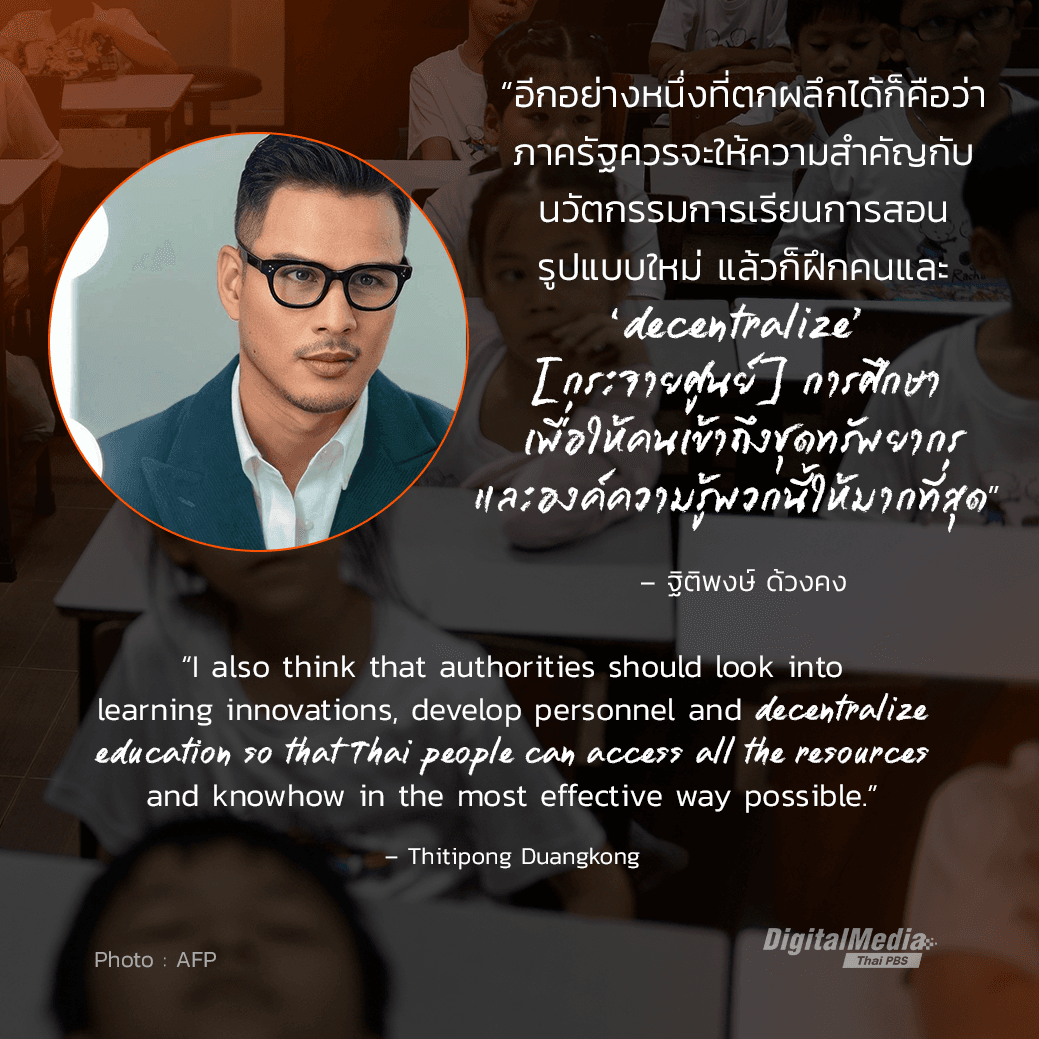
ดังนั้น การกระจายองค์ความรู้และการสร้างบุคลากรในภูมิภาค จะทำให้การเรียนการสอนภาษาอังกฤษเป็นไปตามมาตรฐานเดียวกัน หาใช่กระจุกอยู่แต่ในกรุงเทพฯ หรือโรงเรียนไม่กี่แห่งอย่างที่เป็นมา “ห้องเรียนแบบ English Program ที่ใช้ภาษาอังกฤษเป็นสื่อการสอนในเนื้อหาบางวิชา ควรเป็นห้องเรียนที่นักเรียนทุกคนในประเทศไทยสามารถเข้าถึงได้ทั้งในโรงเรียนของรัฐและเอกชน” ผศ.ดร.จุฑารัตน์ กล่าวกับ Thai PBS News นอกจากนี้ ก็ไม่ควรละเลยที่จะพัฒนารูปแบบและสื่อการสอนภาษาต่างประเทศสำหรับกลุ่มผู้พิการด้วย
Therefore, decentralization and personnel training in all regions would standardize English learning nationwide. This could the educational inequality where resources are primarily invested only in Bangkok and a small number of elite schools. “Classes entirely taught in English, like the ones in English Program schools, should be accessible to all Thai students both in public and private establishments,” Jutarat added. In addition, it is crucial to develop language learning approaches and materials that facilitate people with disabilities.
กลับมาที่เรื่องวิธีการจัดการเรียนการสอน ถ้าการหาความสนใจร่วมระหว่างผู้เรียนและผู้สอนตลอดทั้งภาคการศึกษาจะยากไป บางครั้ง เรื่องใกล้ตัวก็ช่วยให้การเรียนภาษาต่างประเทศสนุกขึ้นได้ คริสเตียน เฟรดเลว์ แซนด์ ครูสอนภาษาเดนิชแก่คนต่างชาติ ยกตัวอย่างการใช้เรื่อง ‘การนอกใจ (infidelity)’ เมื่อเขาต้องสอนเรื่องคำคุณศัพท์ความเป็นเจ้าของ (possessive adjectives) ซึ่งแตกต่างจากภาษาอังกฤษพอสมควร
Speaking of new approaches to language learning in Thai schools, if finding a common interest between an instructor and students proves to be difficult, everyday life topics can sometimes substitute a specific theme for an entire semester. For instance, the topic of ‘infidelity’ might be as intriguing as it is helpful when students study complex grammatical rules. Christian Fredlev Sand, a Danish language teacher, shared this trick which he uses every time he teaches Danish possessive adjectives to foreign students.
“หากคุณพูดว่า ‘han elsker sin kone’ จะแปลว่า เขารักภรรยา ‘ของเขาเอง’ แต่ถ้าเกิดพูดว่า ‘han elsker hans kone’ จะกลายเป็นว่า เขาคนนั้นไปรักภรรยา ‘ของคนอื่น’ เพราะฉะนั้น ภาพความนอกใจ [ในประโยคที่ 2] นี้ทำให้ผู้เรียนเห็นชัดแจ้งเลยว่า ต้องใช้คำคุณศัพท์อย่างไร แล้วความหมายเฉพาะของมันคืออะไร” แซนด์อธิบาย “และผมคิดว่า... นี่เป็นสิ่งที่ ‘โดนเส้น’ จริง ๆ นะครับ เพราะเราจะไม่มีวันลืมตัวอย่างแบบนี้ได้เลย”
“If you say ‘han elsker sin kone,’ that means ‘he loves his own wife.’ But if the sentence changes to ‘han elsker hans kone,’ it means ‘he loves his wife’ – and that would be like John loves Peter's wife or something. So, it triggers this image of infidelity, illustrating how it's used and what it means specifically,” Sand explained. “And that's type of stuff that I think is really impactful because people will never forget that ever.”
อย่างไรก็ดี การเรียนภาษาอังกฤษให้สนุกไม่จำเป็นจะต้องอยู่ในห้องเรียนเท่านั้น แม้แต่การบริโภคสื่อบนหน้าจอก็เปิดโอกาสให้เรา “เรียนและรู้” ภาษาต่างประเทศมากขึ้น เช่น เวลาดูหนังไทยหรือเอ็มวีเพลงไทยบนสตรีมมิง ก็อาจเปิดคำบรรยายภาษาอังกฤษ (English subtitles) ไปด้วย หรือลองติดตามข่าวไทยที่เขียนเป็นภาษาอังกฤษบ้าง ต่อให้ (ยัง) ไม่เข้าใจศัพท์ แต่ก็รู้บริบทอยู่แล้ว เมื่อคิดจะฝึกพูดหรือเขียน ก็ใช้คำศัพท์และโครงสร้างประโยชน์ที่ไม่ยากมากนักก่อน
Outside classrooms, we can also learn English or any other languages in our own ways, for example, by steaming Thai movies or music videos with English subtitles. Reading Thai news in English also helps: even if you do not recognize most of the terms, you already understand the context of the news piece. If you want to improve oral or writing skills, try to use simple, clear structures and words.
ทั้งนี้ ถ้าคิดว่าภาษาต่างประเทศ “ยาก” ลองติ๋งต่างว่าตัวเองเป็น “เด็กวัยเตาะแตะ” แล้วค่อย ๆ เรียนรู้กันไปทีละขั้น “เวลาที่เราเรียนภาษาใหม่ เราจะกลายเป็นเด็กเล็กในภาษานั้น จะพูดและรู้ไวยากรณ์ คำศัพท์ง่าย ๆ เหมือนเด็กหัดเดินเลย” เกศิรินทร์ ภคเศรษฐการ ศิษย์เก่าหลักสูตรวรรณกรรมเด็ก Erasmus Mundus CLMC และอดีตพนักงาน LEGO และบริษัทบอร์ดเกมหลายแห่ง พูดกับ Thai PBS “[เพราะฉะนั้น] การใช้สื่อสำหรับเด็กจึงเป็นเรื่องที่ถูกต้องมาก ๆ ตอนเรียนภาษาใหม่ เช่น หนังสือสำหรับเด็ก หนังสือภาพไร้ศัพท์ [wordless picture books] หรือเกมกระดาน [boardgames] และหนังสือเด็กก็ไม่ได้สอนแค่เรื่องหลักภาษาและคำศัพท์เท่านั้น แต่ยังแทรกบริบทและวัฒนธรรมของภาษานั้นด้วย เหมือนคุณดื่มกาแฟ 3 in 1”
After all, if you still find learning foreign languages difficult, imagine yourself as “a toddler” and take baby steps. “When we learn a new language, we basically become a toddler in that language. You speak like a toddler, knowing just simple words and simple grammar structure,” explained Kesirin Phakasetthakarn, an alumna of Erasmus Mundus CLMC (Children's Literature, Media & Culture) and former employee at the LEGO group and boardgame companies. “[So,] it makes sense that we use children's media to learn a new language [such as] children’s books, wordless picture books or even boardgames. Not only do we learn the grammar and the vocab, but we also learn the context and the culture of that language as well. It's like drinking 3-in-1 coffee.”
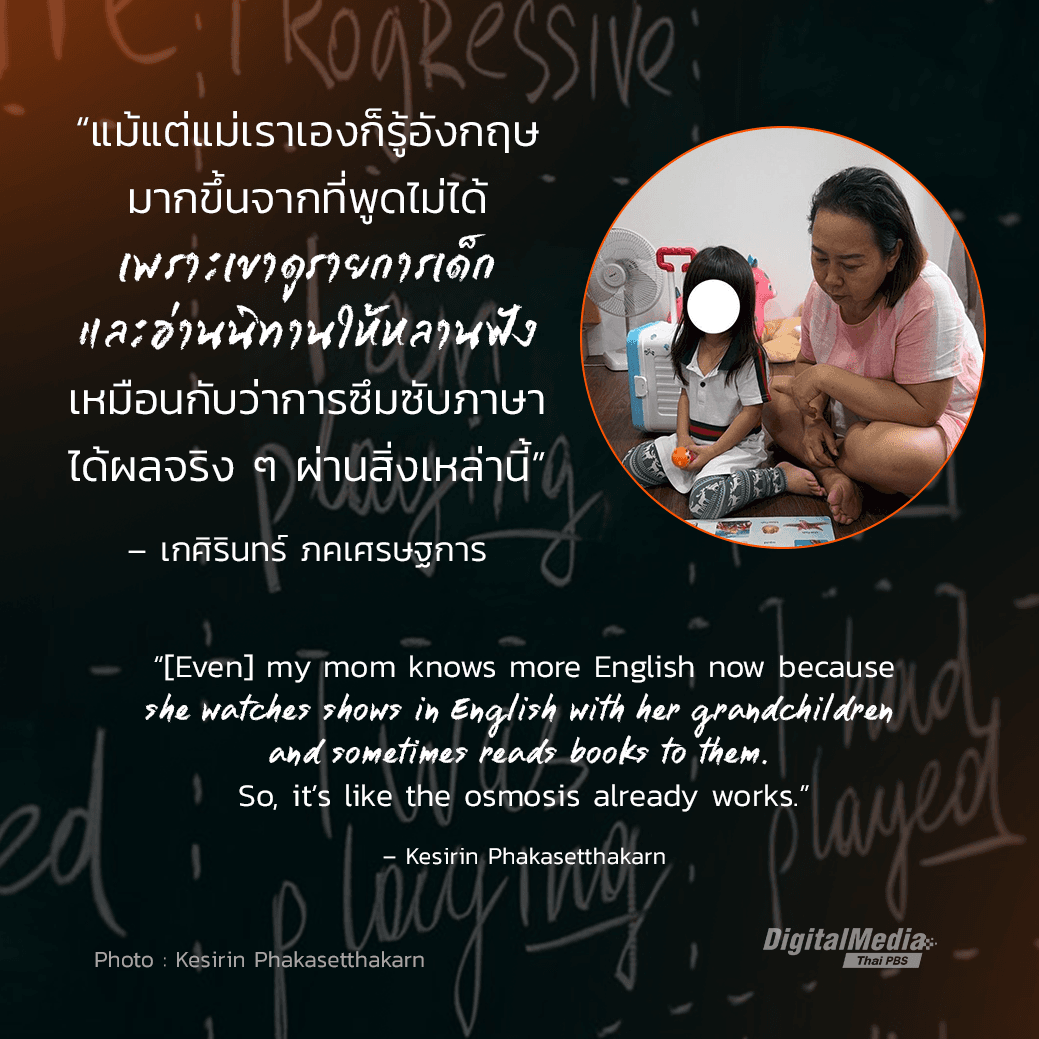
ทั้งหมดนี้เป็นเพียงส่วนหนึ่งของปัญหาทักษะภาษาอังกฤษและภาษาต่างประเทศของคนไทย แน่นอนว่า ภาครัฐและบุคลากรทางการศึกษาคือ “กำลังหลัก” ที่จะพัฒนาการเรียนการสอนให้คนไทยใช้ภาษาอังกฤษเป็นตั้งแต่เด็ก ๆ ขณะเดียวกัน ถ้าอยากจะเก่งหรือรู้ภาษามากขึ้น ตัวเราเองต้องหัดสงสัยและกล้าพูดผิดพูดถูกด้วย อย่างที่ดำเกิง มุ่งธัญญา ครูประจำโรงเรียนสตรีศรีสุริโยทัย เคยให้ข้อคิดไว้ในพอตแคสต์ ‘เพื่อนสนิท’
These are some key issues concerning English and foreign language learning in Thailand. Authorities and educational personnel are inevitably responsible to develop Thais’ English proficiency in schools. On the other hand, all efforts would be in vain if we do not try or practice as much as possible. Damkoeng Moongtunya, an English language teacher with visual impairment at Satri Si Suriyothai School, once reflected on how we should be encouraged to use English on a regular basis.
บางที เรากลัวมันผิดนะ แต่จริง ๆ ชีวิตมันไม่ใช่ข้อสอบ ผิดเราก็พูดใหม่ ยังมีวิธีแก้ ไม่ใช่ว่าพูดผิดแล้ว เขาไม่เข้าใจ แล้วจะโกรธเราไปเลย – ดำเกิง มุ่งธัญญา
Sometimes, we are afraid to use English incorrectly, right? But life isn’t an exam: if we make mistakes, just correct them. It’s not like if you use the wrong terms, people won’t understand and get mad of you. – Damkoeng Moongtunya
สำรวจ 'ความเป็นไทย' พร้อมฝึกภาษาอังกฤษไปกับบทความ 2 ภาษาจาก Thai PBS NOW | Explore Thainess from new perspectives in Thai PBS NOW bilingual articles
- 'ซีรีส์วายไทย' ไปทางไหนต่อ ? | What's Next for Thai BL Series?
- แลหลังมองหน้า 'วงการนางงามไทย' | Understanding Thai Beauty Pageants
- 'นิราศสงกรานต์' ของเด็กไทยที่เคยอยู่ใน 'กรีซ' | A Songkran Story in Thessaloniki
- ‘น้ำหอมไทย’ กับอนาคตอันแสนหอมหวาน ? | The (Promising) Future of Thai Perfumes
อ้างอิง | References
- EF EPI EF English Proficiency Index 2024, Education First
- The Impact of Theme-Based Language Instruction on Language Learning Effectiveness and Motivation: A Case Study of “Spanish and Beauty Pageant Course, Publicaciones, 52(1)
- TalkTutorAI: Empowering English Language Proficiency through ChatGPT-Assisted Conversational Practice - A Case Study at Ubon Ratchathani Rajabhat University, Thailand, Journal of Applied Informatics and Technology, 7(1)
- แนวปฏิบัติ ตามประกาศกระทรวงศึกษาธิการ เรื่อง นโยบายการปฏิรูปการเรียนการสอนภาษาอังกฤษ, สำนักงานคณะกรรมการการศึกษาขั้นพื้นฐาน (2557)
ติดตามบทความและเรื่องราวทันทุกกระแสที่ Thai PBS NOW: www.thaipbs.or.th/now
Words: Peerachai Pasutan | English proofreading: Kesirin Phakasetthakarn

